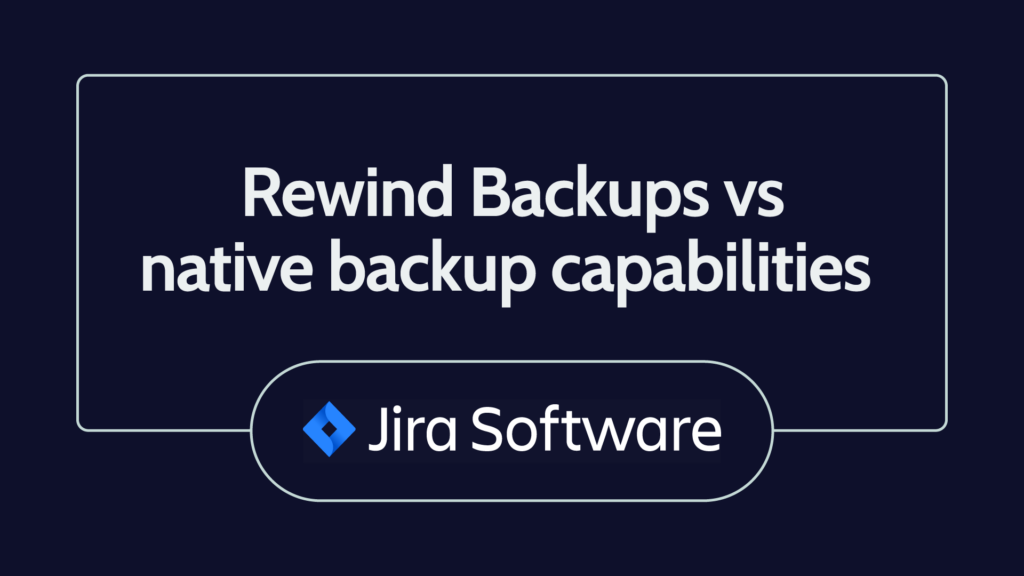Ecommerce is on the move. Online shopping broke records last year as consumers of products across all industries were forced to stay at home. In 2021, it’s now beginning to decelerate, according to Shopify.
While the number of online stores continues to grow, brick and mortar stores are open for business. Thus, ecommerce brands need to be intentional in how they proceed. Attracting more customers, increasing per-purchase sales and protecting your company’s valuable data should be top business goals. Here are five of the best ecommerce apps you should be looking at this year, broken out by use case.
1. Profit Tracking App
When running an ecommerce business, money seems to go out in a hundred different directions and sales can come in from anywhere and everywhere. Aligning specific expenses with specific sales is especially challenging. Where, for example, did that last Amazon sale come from? How much did that ad campaign cost and how much profit came from the sale once you took shipping and overhead into account? Spending less time hunting down answers to these questions gives you more time to do what you do best — selling stuff.
Recommended App: BeProfit
BeProfit’s easy-to-use interface makes reviewing your company’s expenses, revenue, and profits a snap. But don’t let its simplicity fool you. It tracks all of your financial data automatically, from shipping costs and influencer expenses to salaries and overhead, and gives you a breakdown of the data you want to see.
Pricing: Free with plans for larger sellers starting at $25/month
2. Online Chat App
Live chat website integrations aren’t just for customer support —they’re also a vital sales tool! How important is it for ecommerce? Well, according to Forrester, site visitors who use web chat are nearly three times more likely to convert than those who don’t and, on average, they will spend 60% more on their purchases.
Recommended App: LTVplus
There are several great live chat apps on the market today, including LiveChat, Zendesk Chat, and LiveAgent, but the most important ingredient behind any of these apps is having an informed, proactive representative behind it. That’s where LTVplus comes in.
LTVplus provides you with a team of highly-trained sales and customer service agents who not only answer customer questions, but guide them gently through your sales funnel. Conversions increase 10x to 20x, while customer satisfaction ratings are greater than 95%. LTVplus agents can monitor chat and email 24/7, or can work in conjunction with your own service team as needed.
Pricing: Variable plans available
3. SMS Marketing App
When it comes to messaging your clients, SMS reigns supreme. Not only are response rates and conversions higher than they are with email, the average open rate for SMS campaigns is about 98%, while the average email campaign message is only around 20%. On the other hand, customers only give their numbers to a few brands and for the rest they will opt for email messaging instead. Having an app that combines both SMS and email marketing campaigns is surely a winner.
Recommended App: Omnisend
For years, Omnisend has been the ESP (email service provider) of choice for brands focused on ecommerce. Now, with the ability to send SMS messages in addition to emails within the same campaign, there’s no need to deal with the hassle of two separate apps. Not only does Omnisend integrate seamlessly with ecommerce platforms like Shopify, WooCommerce, and BigCommerce, it connects with Facebook’s Custom Audiences and Google’s Customer Match for remarketing ads to any customer segments you desire, putting your pixels into high-gear in your email and SMS marketing campaigns.
Pricing: Starts at $16/month for SMS, with free plans available
4. Content Creation App
Social media advertising has grown increasingly expensive. Consumers are as skeptical as ever of brands they haven’t encountered before. Yet, the trust they place in the people they follow online has never been stronger.
It’s no wonder that the influencer marketing industry is expected to reach $15 billion by 2022.
The need for content that is fresh, impactful and engaging is high. Visual assets are the key to success in the consumer marketplace and that doesn’t just stop at social media platforms. Optimizing content applies to everything from digital ads, email marketing, websites, SMS and more. And each platform is different — you need to know what works and where.
Recommended App: Cohley
Cohley is a one-stop shop for all of your social proof needs. They have assembled teams of content producers across every platform and practically every niche, from fashion and jewelry to high-tech, including videographers, photographers, and audience-specific micro influencers. They’re all available in Cohley’s app. If you have a new product launch, they can get you authentic reviews across multiple channels, as well as reviews for your own website. And, when you’re ready to take your audience by storm on Instagram or TikTok, Cohley will connect you with the stars that your future fans already adore.
Pricing: Variable plans available
5. Data Backup and Recovery App
Cloud and SaaS platforms provide a lot of important features to ecommerce businesses but full, account-level backups aren’t one of them. Under the Shared Responsibility Model in cloud computing, users are always responsible for securing their account-level data.
Unfortunately, confusion surrounding backups can result in data loss. Oracle found that half of SaaS users had lost data in the cloud, with the majority blaming a lack of understanding of the Shared Responsibility Model. Accidentally deleting files is just one of the problems that can happen; corrupt CSV files, conflicts with third-party apps, or malware can also bring your website and its underlying data to a grinding halt.
One of the most serious problems facing online businesses today is cybercrime. Thanks in part to the rise of remote work accelerated by the COVID-19 pandemic, cybercrime has exploded, including a 62% increase in ransomware attacks and a 20% increase in intrusion attacks.
Large corporations and government agencies are no longer the only target. Cybercrime, now a 45 billion dollar industry worldwide, affects everyone who can pay. 1/3 of cybercrime victims are small to midsize businesses. 10% of SMBs who faced an attack in 2019 never recovered.
Recommended App: Rewind
Rewind provides secure, automated backups of all your vital data so if you do lose data, you can get back up and running right away. Pricing is based on the number of orders you receive, so even if you’re just starting out in ecommerce, it won’t put a dent in your budget. Rewind integrates easily with platforms like Shopify, BigCommerce, GitHub, Trello, QuickBooks Online, and more. Already used by 80,000 companies, this app is a perfect match for small businesses and large companies alike.
Pricing: Starts at $39/month and a free trial is available.
Increasing sales, tracking profits and protecting data should all be priorities for ecommerce businesses this year. There are numerous apps on the market that you should be considering to bolster your business this year, but the five above are at the top of our list!

 Ashley Scorpio">
Ashley Scorpio">


